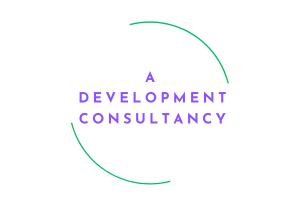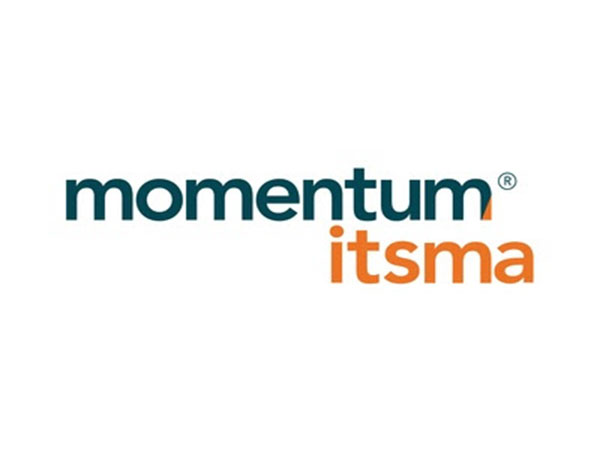Promoting DE&I in the workplace
 Zero Discrimination Day takes place on 1st March, so let’s take a moment to reflect on the significance of this day and the role we all play in creating an inclusive and equitable workplace. Spearheaded by UNAIDS, Zero Discrimination Day is a global movement calling for the eradication of discrimination in all its forms, promoting social inclusion and tolerance.
Zero Discrimination Day takes place on 1st March, so let’s take a moment to reflect on the significance of this day and the role we all play in creating an inclusive and equitable workplace. Spearheaded by UNAIDS, Zero Discrimination Day is a global movement calling for the eradication of discrimination in all its forms, promoting social inclusion and tolerance.
This day is not just a reminder but a call to action for everyone to lead by example and create a workplace where everyone feels valued and respected.
The Importance of Zero Discrimination Day
First observed on 1st March 2014, Zero Discrimination Day was launched by UNAIDS Director Michel Sidibé in December 2013. The day highlights the right of every individual to live a full and productive life with dignity, regardless of their appearance, race, geography, or belief.
Discrimination, whether based on gender, race, age, disability, or any other characteristic, is a violation of human rights and can have severe consequences on individuals and organisations alike.
Promoting Inclusion
Here are some key actions organisations should take to promote inclusion and combat discrimination:
- Educate and Raise Awareness: Ensure that all employees understand what discrimination is and why it is harmful. Conduct regular training sessions on diversity, equity, and inclusion (DEI) to educate your people about the importance of these values.
- Implement Inclusive Policies: Review and update your organisation’s policies to ensure they promote inclusivity and protect against discrimination. This includes having clear procedures for reporting and addressing discrimination.
- Lead by Example: Demonstrate inclusive behaviour in your daily interactions. Show respect for all employees, regardless of their background, and encourage others to do the same.
- Promote an Inclusive Environment: Create a workplace culture where everyone feels safe and valued. Encourage open communication and provide platforms for employees to share their experiences and suggestions.
- Support Affected Employees: Provide support to employees who have experienced discrimination. This could include counselling services, support groups, or other resources to help them cope and recover.
The Impact of Discrimination
Discrimination can have far-reaching effects on both individuals and organisations. Recent statistics highlight ongoing challenges:
- Ethnic Disparities: As of the third quarter of 2024, the unemployment rate for people of white ethnicity in the UK was 3.6%, while it was significantly higher for people in the mixed ethnic group at 13.9%. Additionally, ethnic minority employees hold only 1 in 16 top management positions in the UK.
- Gender Inequality: Women hold less than a quarter of the world’s board seats (23.3%), and only 6% of CEOs globally are women. In the UK, for every £1 earned by a man, an equally qualified woman earns 90p on average.
- Disability Employment Gap: The disability employment rate in the UK was 53% in Q2 2024, compared to 81.6% for non-disabled people.
Globally, discrimination remains a significant issue. For instance, there are still about 80 countries that have laws discriminating against same-sex relations. This highlights the ongoing need for awareness and action to combat discrimination in all its forms.
The Business Case for Diversity and Inclusion
Promoting diversity and inclusion is not just the right thing to do; it also makes good business sense. Research has shown that diverse teams are more innovative and perform better financially. A study by McKinsey & Company found that companies in the top quartile for gender diversity on executive teams were 25% more likely to have above-average profitability. Similarly, organisations with higher levels of racial and ethnic diversity are 36% more likely to outperform their peers.
Taking Action on Zero Discrimination Day
Zero Discrimination Day is an opportunity for organisations to reaffirm their commitment to creating an inclusive workplace. Here are some ways you can observe this day:
- Host a Workshop or Seminar: Organise an event to educate employees about discrimination and the importance of inclusion. Invite guest speakers or experts in DEI to share their insights.
- Consider Dignity and Respect at Work eLearning: Our comprehensive eLearning on dignity and respect at work equips all employees with the knowledge and skills to develop and encourage an inclusive and respectful workplace. This training helps employees understand the importance of maintaining a positive work environment, recognise and address discriminatory behaviours, and promotes a culture of mutual respect and support. Contact us if you would like further details.
- Launch an Awareness Campaign: Use internal communication channels to share information about Zero Discrimination Day and its significance. Highlight stories of employees who have overcome discrimination and celebrate their achievements.
- Review Your DEI Strategy: Take this day as an opportunity to review your organisation’s DEI strategy. Identify areas for improvement and set new goals for promoting inclusion.
- Encourage Employee Participation: Encourage employees to participate in activities that promote inclusion, such as volunteering for community organisations or participating in diversity-focused events.
Zero Discrimination Day 2025 is a reminder of the ongoing fight against discrimination and the importance of creating inclusive environments. Organisations have the power to make a significant impact by promoting diversity, equity, and inclusion in the workplace. By taking proactive steps to combat discrimination, we not only uphold human rights but also contribute to a more innovative, productive, and harmonious organisation.




